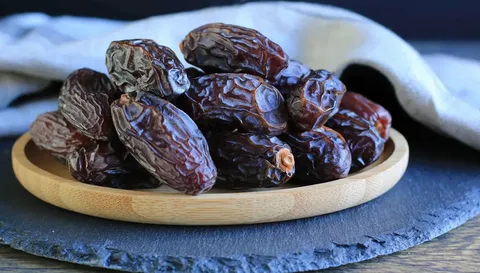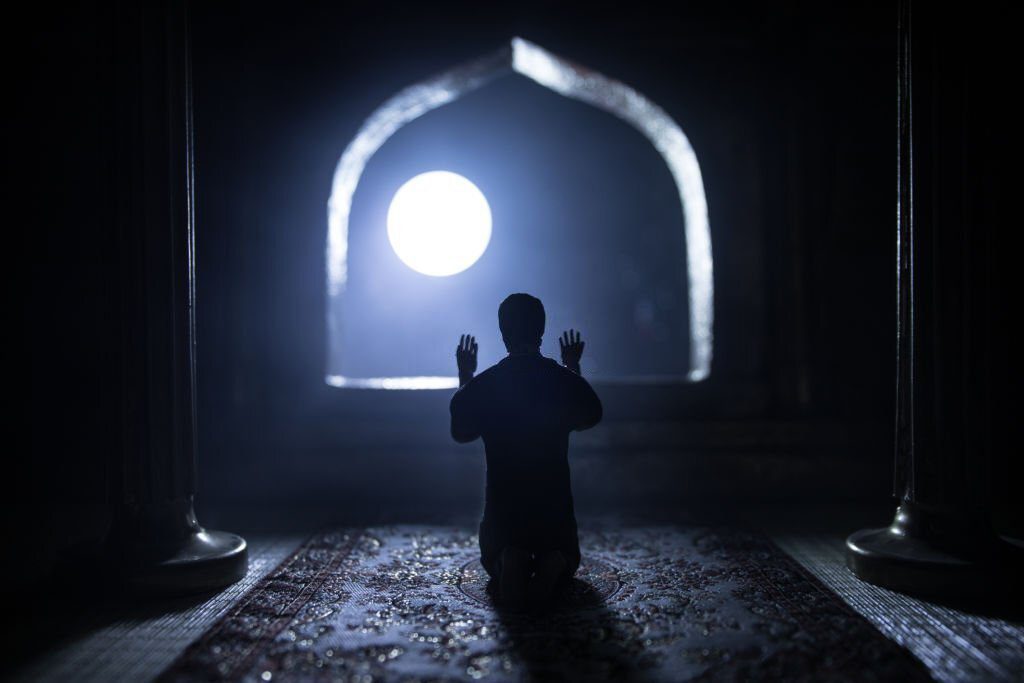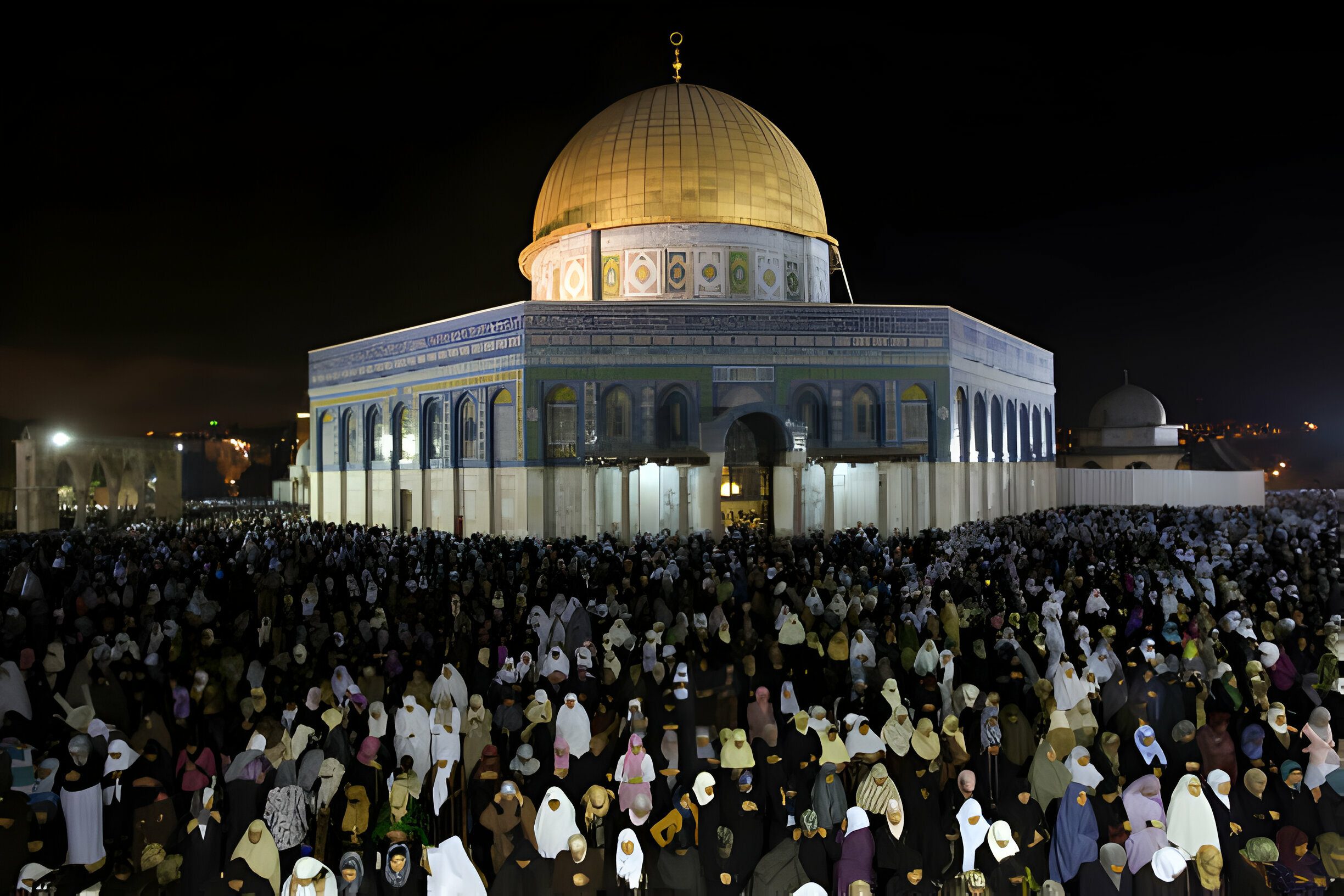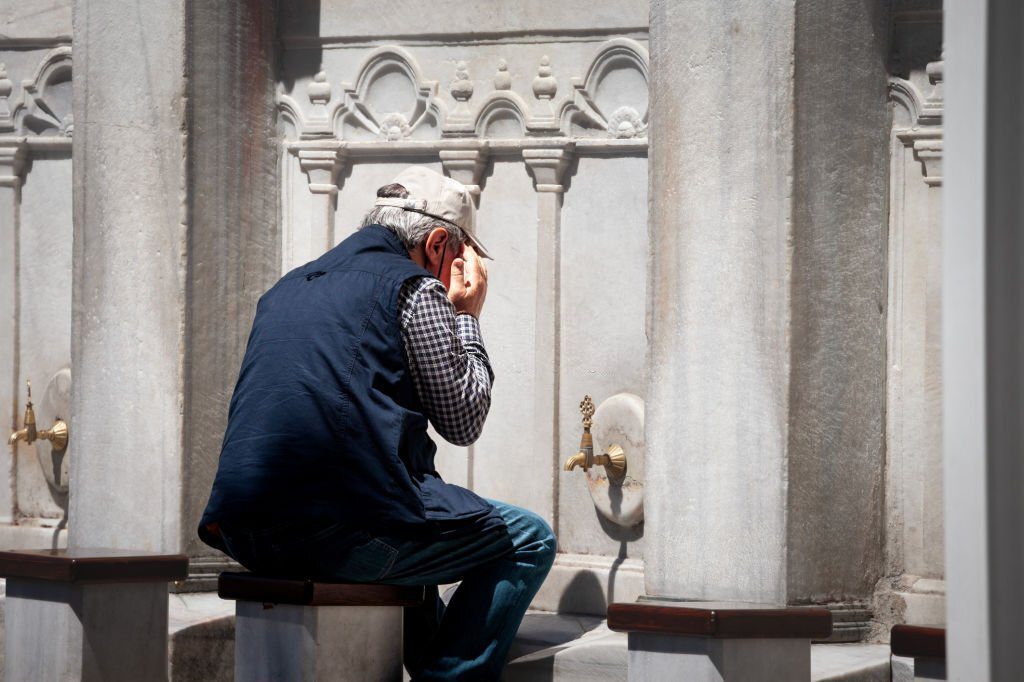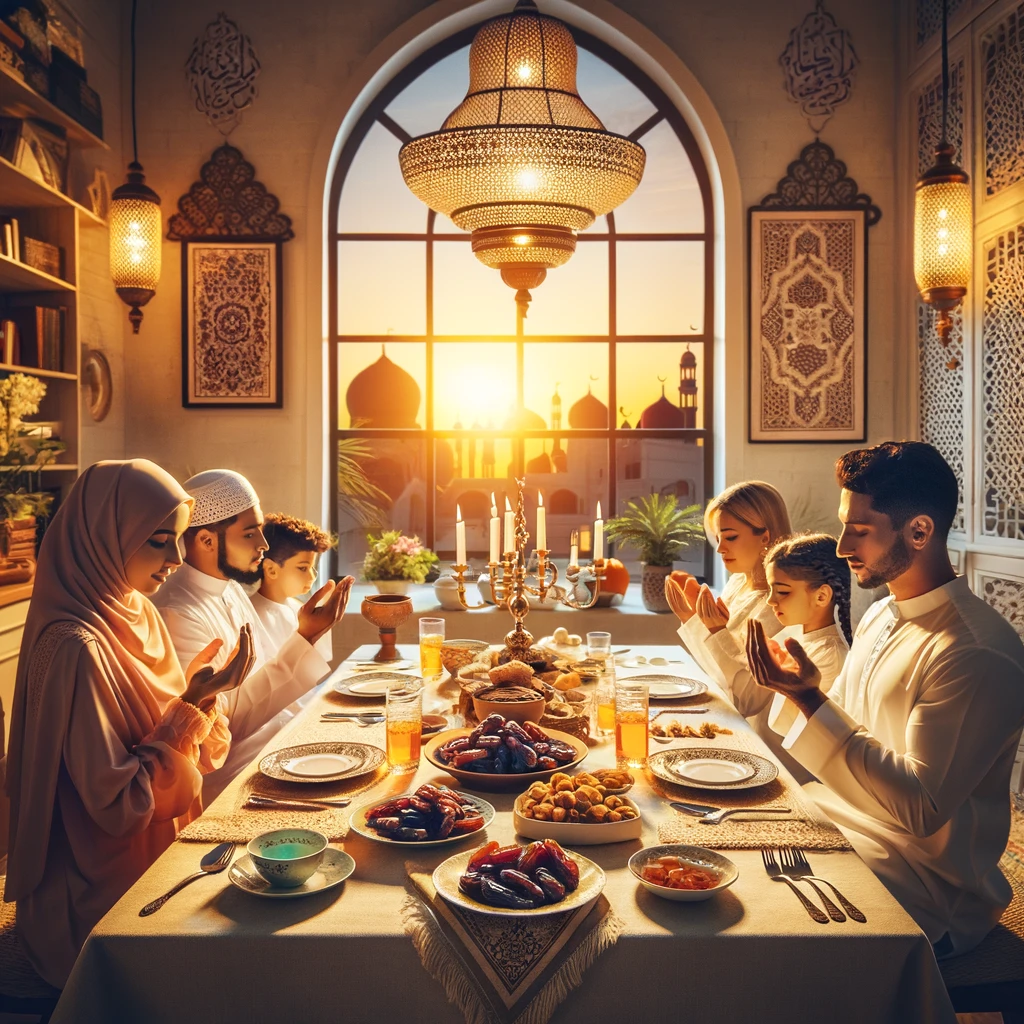Cape Muslim traditions, nurtured for more than three centuries, remain vibrantly woven into the fabric of community life. Yet, as societal dynamics evolve, so does the looming question: will these practices remain revered by generations to come, or eventually be viewed as “old school”?
Preparing for the Sacred Journey
When a Cape Muslim resolves to undertake Gadj (Hadj) or Umrah, the process begins with a solemn prayer to affirm their intention.
Pilgrims-to-be, known as Gujjaaj, then enrol in structured classes to familiarise themselves with the rituals and obligations of the holy pilgrimage. Given the considerable financial requirements, many spend years accumulating sufficient funds for this spiritual quest.
Accreditation from the South African Haj and Umrah Council (SAHUC) is essential, with most applicants facing a waiting period of at least three years before approval is granted.
Choosing the Right Gadj Operator
Selecting a travel operator is not merely about logistics but is integral to a successful pilgrimage. Prices fluctuate considerably depending on accommodation distance from the Grand Mosque (Garram) and service offerings.
Operators manage critical tasks such as visa processing, flight bookings, and arranging spiritual leaders. Gujjaaj, however, are responsible for their passports and essential vaccinations:
- The Yellow Fever vaccine is valid for 10 years and the Meningitis vaccine for 3 years.
- Currency exchange and acquiring Igraam garments are also left to the pilgrim’s discretion.
The Importance of Drafting a Will
Though not obligatory, many Gujjaaj are advised to draft a Will prior to embarking on their pilgrimage. This thoughtful step ensures peace of mind and the orderly management of their affairs in their absence.
Paying Respects to Spiritual Forebears
Before departing, pilgrims customarily visit the Kramats—spiritual mausoleums commemorating the pioneers of Islam in the Cape. This tradition, known as “Kramats Groet”, serves as a deeply symbolic gesture of respect and connection.
Die Groet: Announcing the Pilgrimage
Among the most cherished customs is “Die Groet”. Approximately six weeks before leaving, Gujjaaj visit homes of family, neighbours, and friends to share news of their upcoming journey.
To ensure no one is missed, greeting cards are distributed with details of departure and spiritual supplications. A typical card reads:
786
In the Name of Allah, Most Gracious, Most Merciful.
Assalaamu Alaikum Waragmatullaahi Wabarakaatu All praise is due to Allah, the bestower of all favours.
It is with gratitude to Allah the Almighty that I/we, (Name/s of pilgrim/s) wish to bid salaam to all our relatives and friends on our departure for Gadj (and/or) Umrah, Insha Allah.
We seek forgiveness for anything we might have said or done intentionally or unintentionally.
It is my/our humble request that you make dua for our health and strength to fulfil all our religious obligations on this holy undertaking, that our home and families be under the protection of Allah, and that we are granted a Gadj/Umrah Maqbool & Mabroor Insha Allah.
We will not forget to make dua for all of you that Allah must grant you the opportunity to visit His Holy place as well.
Date of departure: (Date)
Flight: (time of flight)
Residence: (Address)
Tel: (Telephone number)
Last Week Traditions: Farewells and Prayers
In the final days before departure, gatherings are held at the Gujjaaj’s home. Family and friends extend prayers and blessings:
• May Allah grant you a Salaamat journey (a travel safe and free of danger).
• May your children, your home, and everything you leave behind here be in the safekeeping of Allah.
• May all your ebaadat (religious obligations) be accepted.
• May Allah grant you a Gadj /Umrah Makbool.
• And may Allah protect you on your return back to us to inspire us too. Insha Allah (May Allah accept).
Guests traditionally offer “Slawat”—monetary contributions tucked in envelopes—as part of their farewell wishes.
A Family Affair: The Farewell Lunch and Packing Ritual
On the Sunday preceding departure, a family lunch takes place. Immediate relatives gather for a final meal before the Gujjaaj embarks on the journey.
Packing becomes a symbolic group activity. Family members contribute items to the pilgrim’s suitcase as a gesture of unity and shared hope. This custom, rooted in older times, reflects the belief:
The belief was and still is that the moment the individual reaches the point where he or she is financially by the means to undertake this holy journey, it is said that the Gujjaaj received an invitation from Allah to visit His Holy Mosque.
Departure Day: A Moving Send-off
When the day arrives, family and friends assemble to bid farewell. Delicacies are offered once more, prayers are recited, and the Gujjaaj departs amidst a collective Athaan and heartfelt duas.
Accompanied by close relatives and friends, the pilgrim makes their way to the airport where final goodbyes are exchanged.
Embracing Thoughtfulness Abroad: Gifts from Makkah
While in Saudi Arabia, the Gujjaaj continue their tradition of generosity by purchasing gifts for loved ones back home. These often include prayer mats, toys, dates, Makkah Meebos, Zam Zam water, and other thoughtful items.
Celebrating the Gujjaaj’s Return
Upon their return, the Gujjaaj are welcomed with great affection and celebration. Smaller groups of relatives and friends gather at the airport to greet them. Banners declaring “Welcome Home” and “Gadj or Umrah Maqbool” adorn the family home.
Once inside, traditional Cape dishes are shared as pilgrims recount their experiences, motivating others to undertake the sacred pilgrimage themselves.
Sharing Blessings and Sustaining Spirituality
Gifts are distributed in the days following the pilgrim’s return. Zam Zam water and delicacies from Makkah are served, reinforcing spiritual bonds within the community.
While Gujjaaj may resume daily life, the profound spiritual impressions of their journey often linger for varying lengths of time.
As these rich Cape Muslim traditions continue to thrive, the question remains: will they endure for yet another three hundred years, or will they fade with time? For now, these customs remain an integral part of the Cape’s vibrant Islamic heritage, inspiring each new generation to uphold and cherish them.

